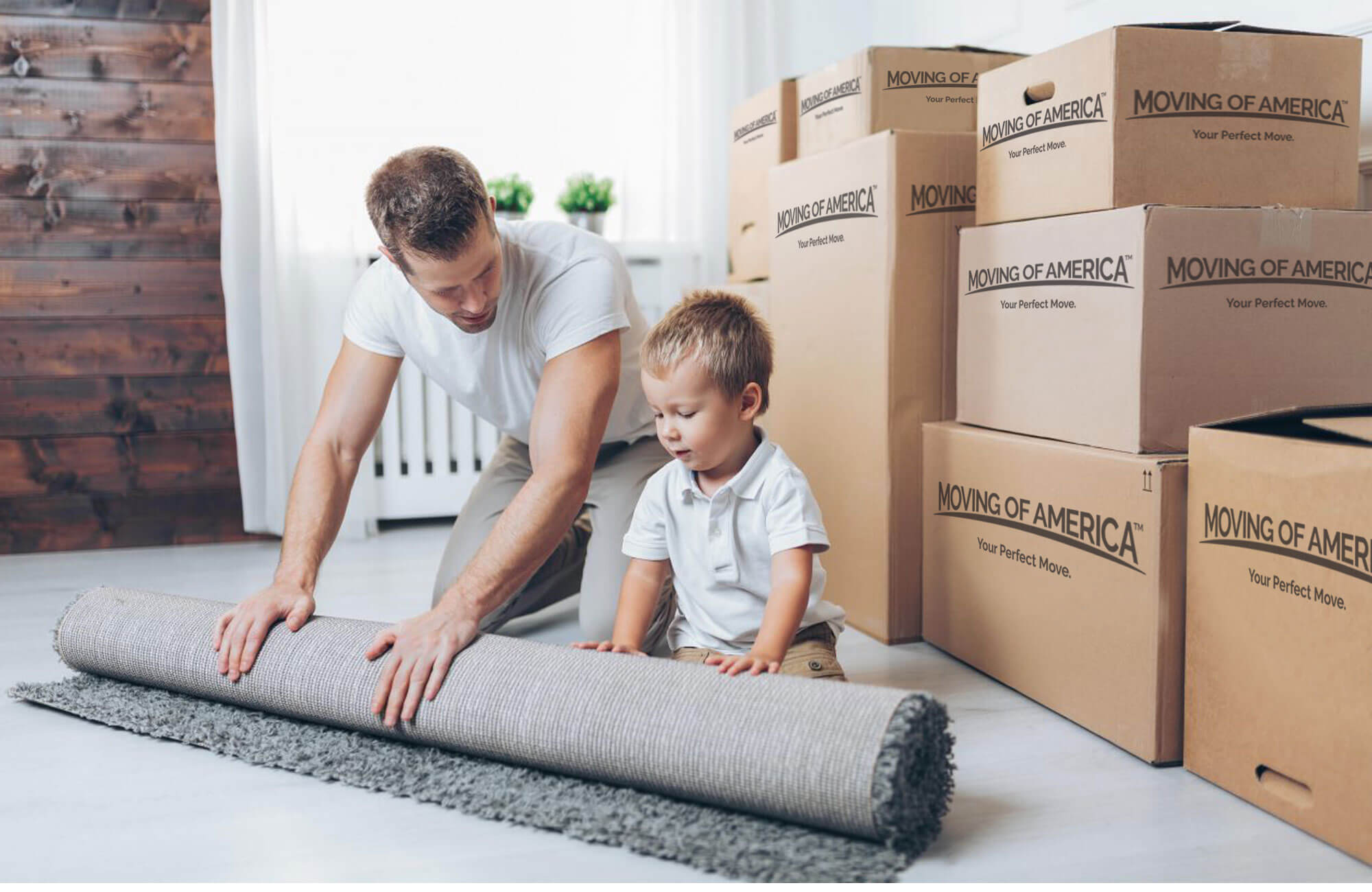Moving to another state is a big change. You’ll need to get used to a whole new culture, find out all the new and specific rules and regulations, learn how to do your taxes again and so much more. But before all that, you’ll first need to find a good moving company NJ and handle the whole process of relocation. And even before that, you’ll have to deal with the challenge of finding a home in a different state. People often forget that this is where the relocation really starts – with real estate. So how do you make sure this part of the process goes right? Well, luckily for you, we’ve put together this handy guide! Follow our tips and you’ll find the right out-of-state home in no time.
The difficulties of finding a home in a different state
If you’re on active duty, you’re probably no stranger to military moving companies helping you relocate to another state. But for most people, moving to another state is not that common. Many of us are, therefore, woefully unprepared for the difficulties that interstate moving comes with. So let’s take a quick look at what you’re facing when finding a home in a different state:
- real estate prices could be much higher depending on where you’re moving
- property taxes may not work in your favor either
- not living in the state means you’ll be less familiar with the best housing options
- you most likely won’t be able to attend as many open houses as you normally would
- you’ll have to rely on others to find and inspect properties for you

You can’t do it alone – rely on professionals to help you find your new home!
Tips for finding a home in a different state
Of course, none of that means you should give up! There’s a reason interstate movers NJ have so much work: despite the obstacles, people still move to other states all the time. So how do you become one of those who overcome those obstacles and buy the perfect home in another state?
Do your research (and a lot of it)
Whenever you are moving to a new place, it’s important to learn as much as you can about it beforehand. With long distance moving, this is even more important because the differences between your old and new homes will be bigger. So start doing your research as soon as you decide to move! And while it’s important to find out as much as you can about everything possible, when it comes to finding a home in a different state there are two things to focus on: the cost of living and different neighborhoods.
Look into the cost of living
The cost of living in your new home state is incredibly important to know. It will inform many of your budgeting decisions during the move. One of those will be how much you spend on a home. Let’s say, for example, that you’re moving for work. Your new job will be paying you much more than the current one. But does that translate to more financial freedom for you? Or do the costs of living cancel out your new raise? You should know this before jumping the gun and buying a home that’s more expensive than you can really afford!
Learn about the different neighborhoods
When you’ve lived somewhere long enough, you know what each neighborhood is good and bad for. But when you’re moving to another state, you need to learn that all over again. So research your new home town online! Which neighborhoods are the cheapest? Which are the best for families or pets or young professionals? And most importantly, which would suit your lifestyle best? That’s where you should be looking for a new home!
Consider mortgage pre-approval
Before you make any offers on homes, you have to get pre-approved for a mortgage. Not only will this give you a pretty good idea of how much you can spend on a house, but it will also make any offers you make more serious!

Ask your bank for a mortgage pre-approval.
Get professional help with finding a home in a different state
There’s no question about it: when you’re looking to buy a home in a different state, you have to have some help. And who better to rely on than professionals?
Reliable local agents and national coverage agencies
When looking for real estate agents, you should be very picky. After all, this is the person you will trust to find your new home! So what should you look for?
- Only use reputable real estate agencies to avoid scammers.
- Find local agents who know the area well to make up for your own lack of expertise.
- Choose an agency that operates nationally to make interstate home buying easier.
- If possible, find an agent who specializes in relocation (CRS or CRP designation).
- Make sure the agent you’re working with is someone you click with and someone who understands your vision.
- Not sure about a property your agent is suggesting? Ask friends or family in the area to check out the home for you or contact another real estate agent for their input. Don’t be afraid of asking for a second opinion!
Attend all the open houses you can to find your dream home
Suggestions from real estate agents, tips from locals and online ads are great for finding a home in a different state. But they only get you so far. Some things you will only really know if you visit the home in person. So try to attend all the open houses you can. You could take a few days off work and schedule a short holiday in your new home town. Coordinate with your real estate agent so they can also schedule as many visits as possible during the time you’re there.

Visit as many potential homes as possible.
Do the closing remotely, but try to make the inspection in person
In a similar vein, you should try to make the inspection in person if at all possible. This is your opportunity to really get the details on your new home and even learn how to care for it best. So you should definitely not miss it. The closing, on the other hand, you can totally do without being physically present if you’re too busy with packing for the move or something else and can’t make it. Signing paperwork remotely is no big deal these days!
Remember your priorities: don’t settle when finding a home in a different state, but be flexible!
An important thing to remember when dealing with finding a home in a different state are priorities. You are looking for a place where you and your family are going to be spending the majority of your time for the foreseeable future. So you definitely should not settle for a place you can’t see yourself in. But it’s just as important not to expect to find a home that’s tailor-made exactly for you unless you’re going to make it yourself. So ask yourself: what can you absolutely not live without? What must your new home have in order for you to consider it? Keep those things in mind when looking and learn to let go of the minor details that aren’t as important. This will go a long way to easing the process of finding your new home.


























